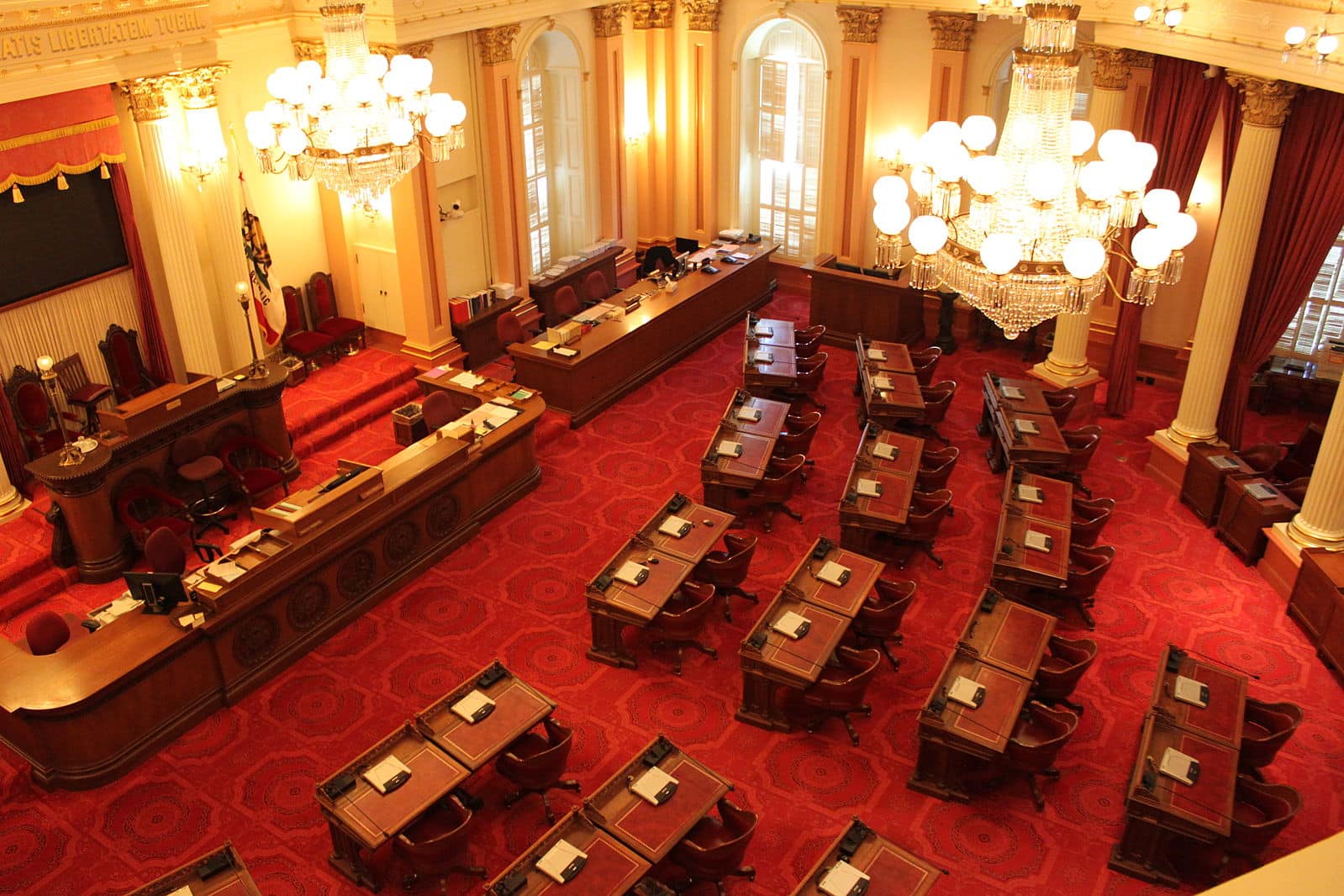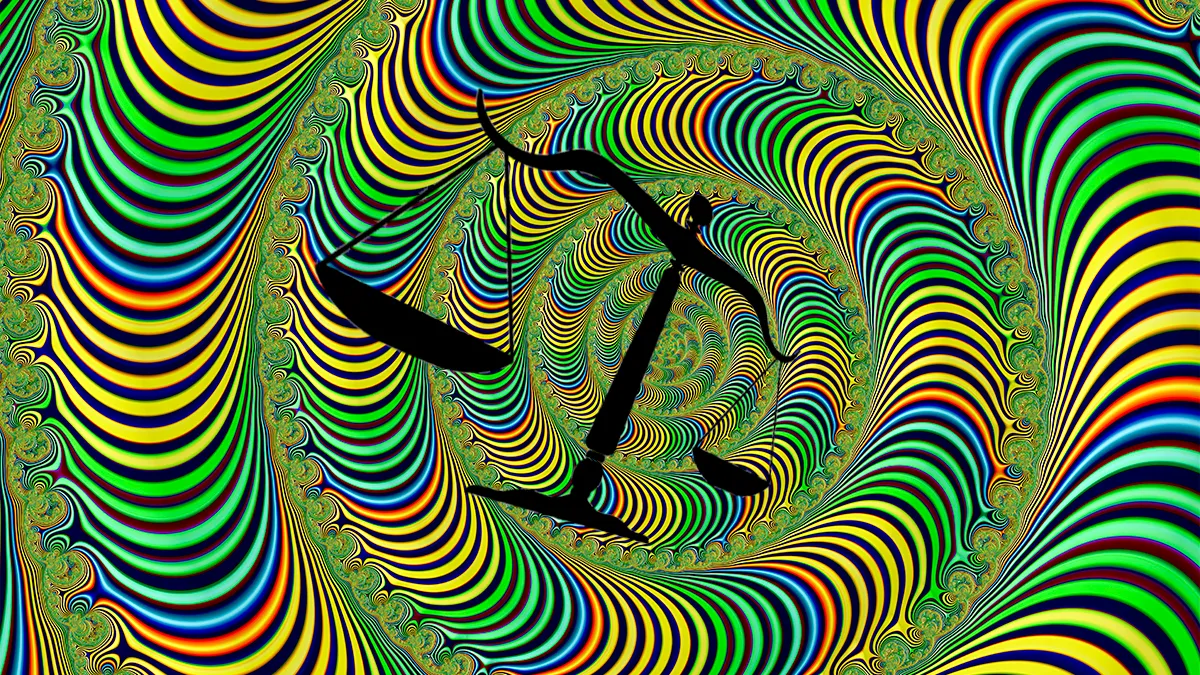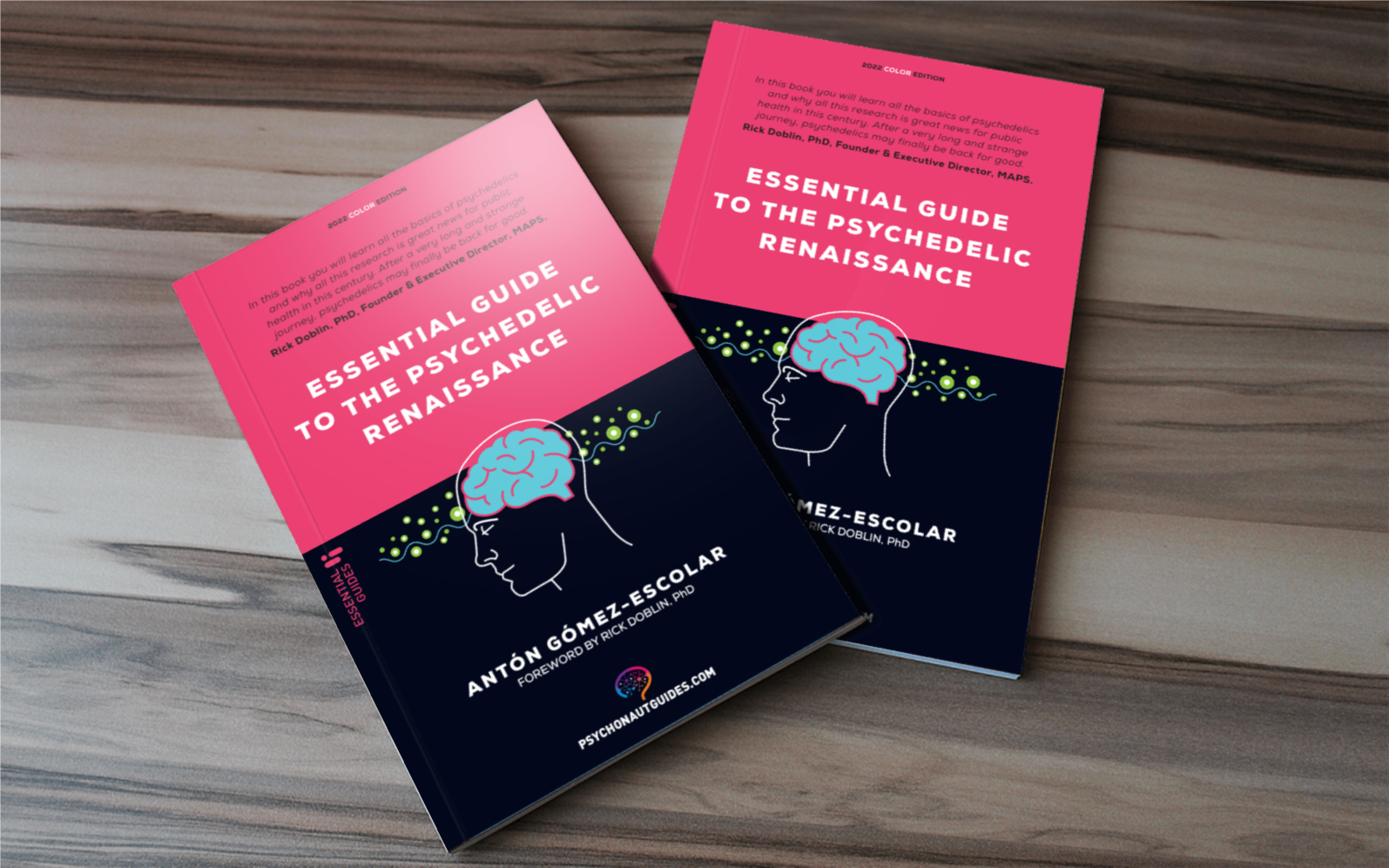By Gabriel García May 3, 2023
California is one of the most progressive states in the United States in terms of drug policy reform. In recent years, several California cities have decriminalized the use and cultivation of psychedelic plants and mushrooms, including Oakland, Santa Cruz and Berkeley. In addition, there is a state bill that seeks to decriminalize the possession and exchange of small amounts of seven psychedelic substances, including psilocybin, LSD and MDMA, for people over the age of 21. The bill would also create a task force to study the potential impact of broader reforms.
The bill, known as SB 519, was introduced by state Sen. Scott Wiener in 2021, but was postponed until 2022 to garner more support among lawmakers. Now, the bill needs to go through the Assembly Appropriations Committee, as they recounted in a filtermag media article yesterday, then through a full vote in the full Assembly and then back to the Senate. Wiener told Marijuana Moment that he believes the legislation has a 50 percent chance of passing in 2022.
SB 519 would decriminalize possession of up to 2 grams of DMT; 15 grams of ibogaine; 0.01 grams of LSD; 2 grams of psilocybin; 2 grams of psilocin; and 4 grams of MDMA. There would be no penalties or fines for possession below these limits for persons over 21 years of age. Personal use limits are often controversial. Oregon, which decriminalized possession of small amounts of all illicit drugs in 2020, defines personal possession of heroin as less than 1 gram, far less than what many people use on a daily basis. State laws can make the limits vary widely; for example, legalized possession for adult use of cannabis is up to 1 ounce in Arizona, 3 ounces in New York, and 6 ounces in New Jersey.
 Photo of the California Senate chamber by Ben Franske via Wikimedia Commons/Creative Commons 3.0.
Photo of the California Senate chamber by Ben Franske via Wikimedia Commons/Creative Commons 3.0.
SB 519 would also decriminalize “facilitated or supported use.” This would authorize someone to be present in a supporting role while a person or group uses permitted psychedelics, as long as everyone is over the age of 21. The bill would allow the chaperone to charge a fee for their service, but not for the drugs themselves.
The bill does not decriminalize peyote, a mescaline-containing cactus native to the southwestern United States and northern Mexico, due to its endangered status and ceremonial use in indigenous cultures.
SB 519 is an important step toward ending the war on drugs and recognizing the therapeutic and spiritual benefits of psychedelics. According to several scientific studies, psychedelics can help treat disorders such as depression, anxiety, post-traumatic stress disorder and addiction. In addition, psychedelics can foster mystical and creative experiences that can improve quality of life.
If SB 519 passes, California would become the first state to decriminalize a wide range of psychedelics at the state level. This could inspire other states and countries to follow suit and open the door to a new era of research and innovation around these substances.
 Image extracted from article from nwsidebar.wsba.org.
Image extracted from article from nwsidebar.wsba.org.
Psychedelic drugs can be a powerful tool for therapeutic purposes. You can discover more about these potential therapeutic effects in Essential Guide to the Psychedelic Renaissance by Antón Gómez-Escolar, we recommend Psychedelics and Mental Health, by Irene de Caso and Your Brain on Psychedelics, by Genís Oña, where you will learn the keys to the effects of psychedelics, capable of producing significant changes in the processes of perception, thought and consciousness. The book also includes a prologue written by one of the greatest eminences in this field, José Carlos Bouso, scientific director of ICEERS.

These books are now available on Amazon in physical and eBook format, as well as Apple Books. In addition, all titles are available in Spanish version on GuiasdelPsiconauta.com





